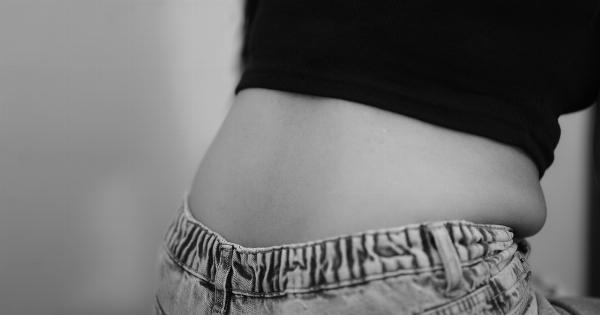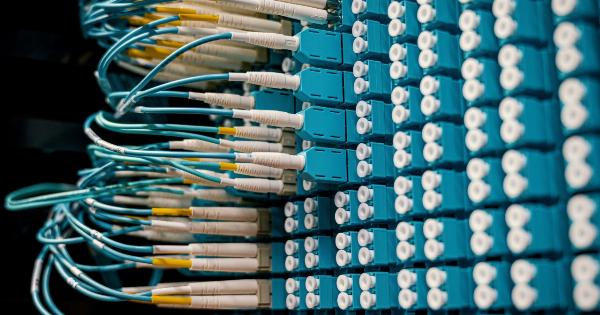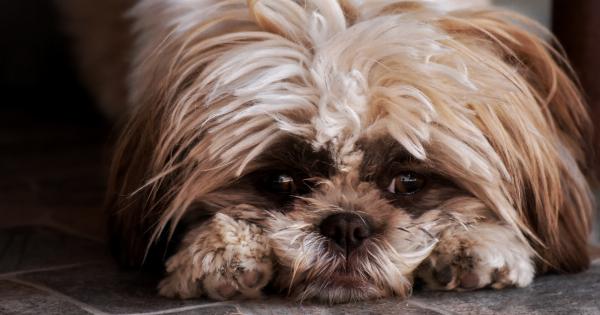Experiencing the urge to pee constantly can be not only inconvenient but also disruptive to your daily life. It may seem like a minor inconvenience to some, but for others, it can significantly impact their overall well-being.
From interrupted sleep to social embarrassment, there are various reasons why you might want to find ways to reduce frequent urination.
While there may be underlying medical conditions that can cause frequent urination, such as urinary tract infections or diabetes, there are also lifestyle factors that can contribute to the issue.
By identifying and avoiding these factors, you may be able to regain control over your bladder and put an end to constant bathroom trips. Here are three things to avoid if you want to stop peeing constantly:.
1. Excessive Fluid Intake
One of the most straightforward reasons for frequent urination is excessive fluid intake.
If you find yourself constantly reaching for a beverage and consuming large amounts of fluids throughout the day, it’s no surprise that your bladder is working overtime. While staying hydrated is essential for overall health, it’s crucial to find a balance.
To reduce frequent urination, monitor your fluid intake and make adjustments accordingly. Avoid consuming excessive amounts of fluids, especially before bedtime or during situations where access to a bathroom may be limited.
Also, consider the types of fluids you’re consuming. Some beverages, such as caffeinated or alcoholic drinks, can act as diuretics and lead to increased urine production.
2. Intake of Bladder-Irritating Foods and Beverages
Certain foods and beverages can irritate your bladder, leading to an increased urge to urinate. If you’re looking to reduce frequent bathroom trips, it’s essential to be mindful of what you’re consuming.
Some common bladder-irritating foods and beverages include:.
2.1 Caffeine
Caffeine is a known diuretic and bladder irritant. It can stimulate the muscles in your bladder and increase urine production. Cutting down on caffeinated beverages such as coffee, tea, and energy drinks may help reduce frequent urination.
2.2 Carbonated Drinks
Carbonated drinks, such as soda or sparkling water, can cause your bladder to fill up more quickly, leading to frequent urination.
Limiting your intake of carbonated beverages or opting for non-carbonated alternatives can be beneficial in managing the urge to pee constantly.
2.3 Spicy Foods
Spicy foods can irritate your bladder and worsen bladder control issues. Avoiding or reducing the consumption of spicy foods, such as hot peppers or heavily seasoned dishes, may help alleviate the urge to urinate frequently.
3. Poor Toilet Habits
Your bathroom habits can play a significant role in how often you feel the need to pee. Although it may seem logical, many people unknowingly develop poor toilet habits that contribute to frequent urination. Here are some things to avoid:.
3.1 Holding in Urine
Regularly holding in your urine can lead to an overactive bladder, as it stretches and weakens over time. Try to listen to your body and use the bathroom whenever you feel the urge to urinate, rather than holding it in for extended periods.
3.2 Rushing Urination
Rushing during urination can also contribute to bladder problems. When you don’t fully empty your bladder, it increases the frequency with which you may need to urinate.
Take your time while in the bathroom, and ensure you’re fully emptying your bladder before leaving.
3.3 Ignoring the Urge to Urinate
Ignoring the urge to urinate is yet another poor habit that can lead to frequent urination.
When you repeatedly ignore the signals from your bladder, it can disrupt your body’s natural bladder function and contribute to overactive bladder symptoms. Make it a priority to respond to the urge to urinate promptly, even if it may be inconvenient in the moment.
While these lifestyle factors can contribute to frequent urination, it’s important to note that there may be underlying medical conditions or medications that can cause the same symptoms.
If you’ve made these adjustments to your lifestyle and still experience frequent urination, it’s essential to consult with a healthcare professional to rule out any underlying health issues.
Conclusion
Frequent urination can significantly impact your daily life and overall well-being. By identifying and avoiding certain lifestyle factors, you can take control of your bladder and put an end to constant bathroom trips.
Remember to moderate your fluid intake, be mindful of bladder-irritating foods and beverages, and develop healthy toilet habits. If the problem persists, it’s best to seek medical advice to ensure there are no underlying health conditions causing the frequent urination.






























